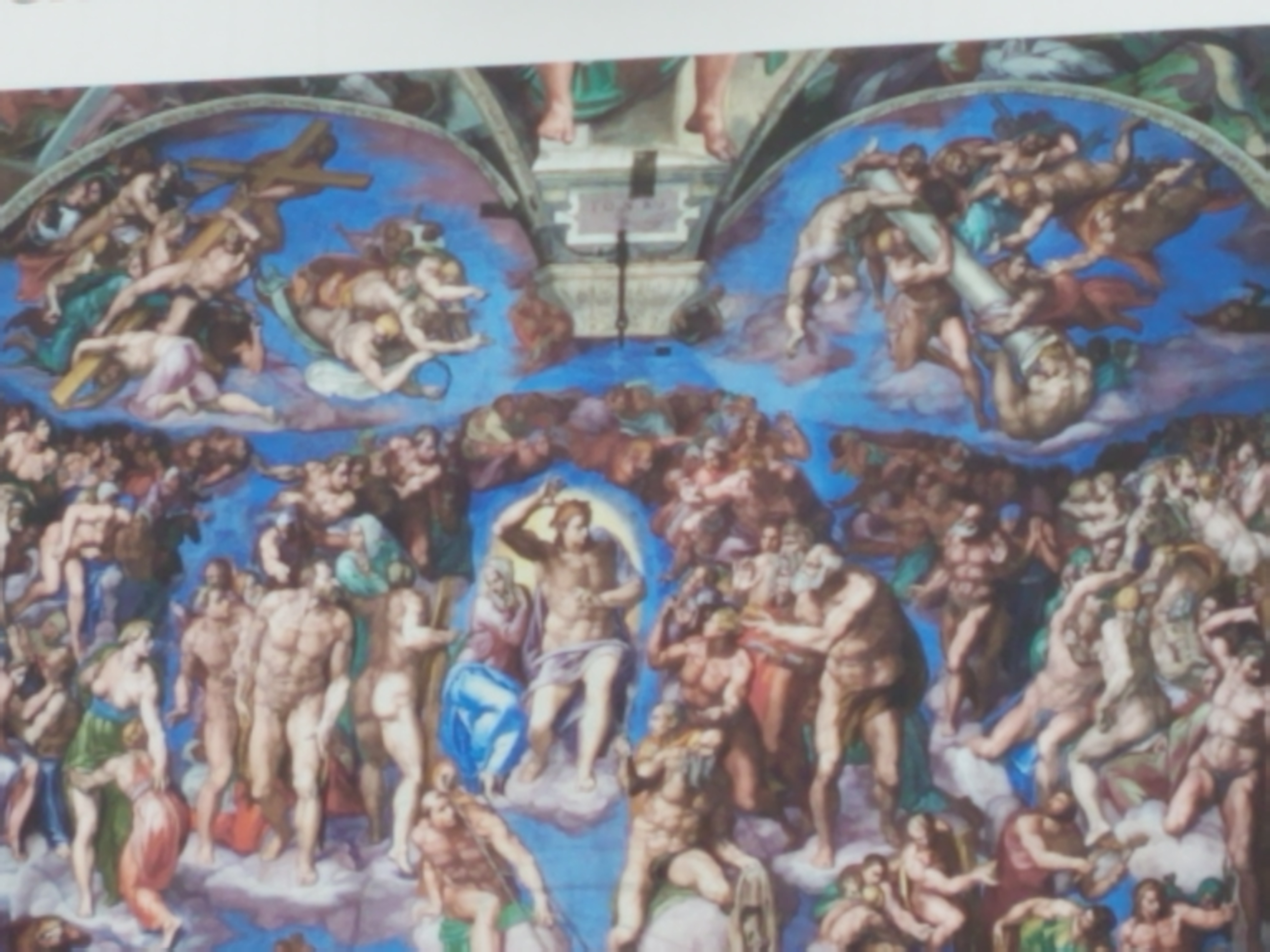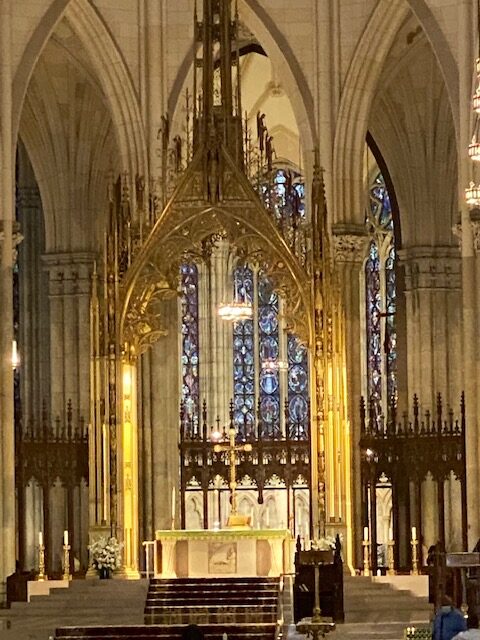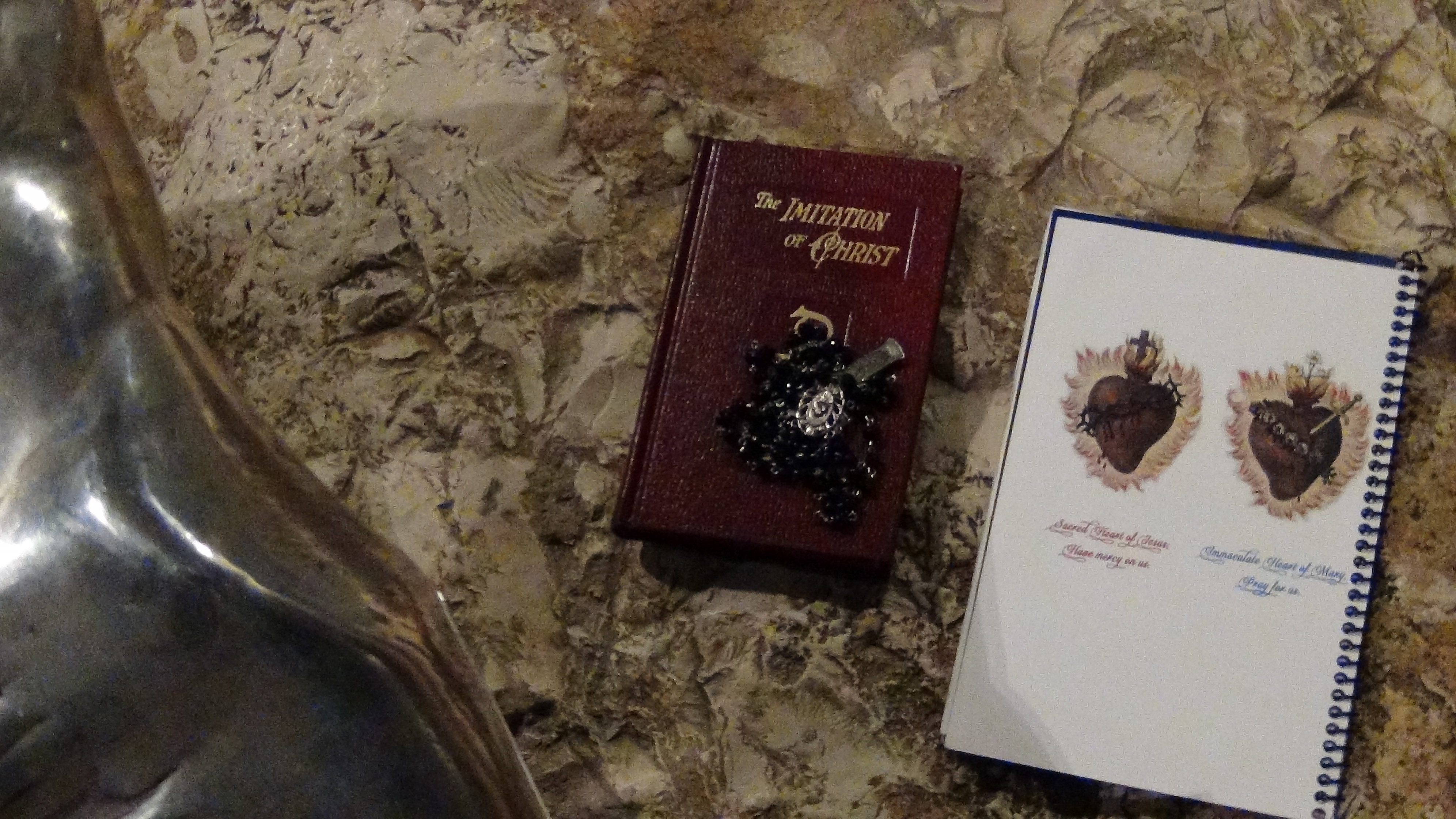Ex. 20:1-17; Ps. 19:8-11; 1 Cor. 1:22-25; Jn. 2:13-25
“You shall not!” says the Lord over and over again as he gives his commandments going into some detail to make sure we know how to live these commandments. He goes into great effort to describe the behavior of the “children of those who love me” in the first commandment. We get two more proactive commandments in “keep Holy the sabbath day” and “Honor your father and your mother”. Three of which “you shall” and seven of which “you shall not!” However, in avoiding the seven that “you shall not” we also demonstrate our love and commitment to God.
We avoid what offends the relationship of those we love. This is why love of God is sacrificial love but not only love of God but true love between husband and wife, brothers and sisters, parents and children. In true love we are willing to sacrifice for the other. We value the other so much as not to offend the one we love. Sadly, this is not the culture of our times where the “self” is before all else and the other becomes “cancelled” through marital divorce, legal persecution, abandonment of the elderly, abuse of children, and even claiming the right to die or to kill the unborn. Yet before we assume we are living in the worst of times recall that all this was also in existence when Jesus entered the world and how he died for us.
Divorce granted since the time of Moses, legal persecution is how the Jews brought charges against Jesus, abandonment of the elderly justified by giving alms to the synagogue, abuse of children in the massacre of the innocents trying to kill baby Jesus, right to end life at all stages is how people were conquered and power was won. The world remains a den of thieves and we must separate ourselves from the culture of the world by remaining alive in the culture coming from the law of God which gives justice to true love, Godly love.
“You shall not” is not about depriving us of freedom but of safeguarding us from the human condition of sin that leads to a loss of freedom and ultimately back to slavery. What slavery one may ask? The slavery of disordered attachment to the passions of the flesh, to the material world, and to the ego of pride to be our own god. Disordered attachments are the cancer of the soul leading to death.
A parent says to a child “you shall not” more often than giving permission to go forth and do their own will. The wisdom of a parent knows the risk and harm that can come certain actions. It is more than an act of love to watch over our children, it is a call of duty to raise up a kingdom for God in the law of love of God and neighbor. The world has accepted the lie of the evil one to become your own god by “remaking” yourself into what sex you want to be, “reimagining” your world by the passions of the flesh that drive the imagination, and “cancelling” any who question or stand for a different set of values.
Today it is not enough for a parent to simply say “you shall not” when there is so much pressure on our youth to follow in the world’s “alternative” lifestyles. Today we must all stand and be a force to how we are to “go forth” together in the way of the Lord. We must be able to instruct our youth in how to answer to the challenges they face and why do we believe what we profess. The practice of apologetics, that is of defending the faith through reason and discourse must be taught at each stage of a child’s growth age appropriately. What is a child to think when the teacher arrives to class in a dress and make up as a girl but yesterday was male? Should they remain silent or be free to say “I know you’re a man dressed like a girl”? This is our call of duty as a parent and a church to guide the faithful in the world we must all live in.
The Lord asks us today where is your “zeal for your house”? What matters in defending our faith? The world preaches political correctness, let it be to each his own but the world is not satisfied with following its own way. It wants to create a future generation of followers and keeps seeking to enter our homes and claim our children with greater rights decreed by law. We don’t see Jesus becoming physically aggressive often but his actions were always aggressive against what was the sins he confronted. He did not hold back in speaking the truth.
The Lord’s truth is that no matter how much people and institutions try to conquer and control others, the force of his power is beyond any human authority. He claimed it when he says, “Destroy this temple and in three days I will raise it up.” The Jews did not understand what they were about to do in bring Jesus to death “but Jesus was speaking of the temple of his body”. In the same way no matter how much we see and must live through in the world, even death will not claim us because we believe in the resurrection of the dead and Jesus is our testimony. Lent is our time to recall and live what matters most so that we shall not deny him. We go forth united to the one God in three persons. Let the world ponder that. Jesus knows us all.


















Recent Comments